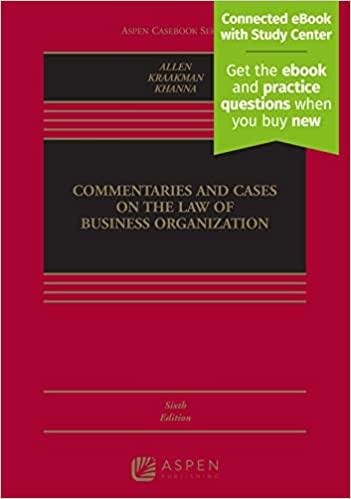Question
Patricia has been working as the operations manager of Helping Hand for the past five years. Patricia is very good at her job, but her
Patricia has been working as the operations manager of Helping Hand for the past five years. Patricia is very good at her job, but her colleagues do not enjoy working with her. She does not tolerate opposition and becomes sullen and uncooperative when she does not get her way. She also tends to become verbally abusive when challenged. She has received informal warnings before about this behavior, but generally the Board of Trustees see her as essential to the work of Helping Hand and turn a blind eye to her faults. In June this year, the previous CEO resigned. Patricia hoped to become the CEO of Helping Hand, but the trustees decided to appoint an external candidate, called Justine. Justine has a wealth of experience and soon start to implement changes to the way Helping Hand operates that she views as essential to provide a better service to their stakeholders. This does not sit well with Patricia. Not only does she resent to have been overlooked for promotion, but Justine's actions include directing Patricia to implement changes in operations. Patricia insists these changes constitute a 'major workplace change' for purposes of the consultation clause in the Award, but this is rejected by Justine. Patricia begins to complain constantly to other staff about Justine, criticising everything about her, including her physical appearance and her intelligence. Justine is aware of what is said. They operate from an open plan office and it appears that Patricia wants Justine to hear what she says. Colleagues are afraid to say anything in opposition, because they know that Patricia will turn against them too if they did. Eventually, things come to a head when during a meeting, Patricia outright refuses to comply with a direction by Justine to switch to a different supplier. Justine approaches the Board of Trustees. With their approval, a formal written warning is issued to Patricia, which indicates that any further insubordination or disruptive conduct could lead to her dismissal.
Patricia sulks for a day or so after receiving the formal warning. On day three, Justine is out of the office to visit a potential donor. Patricia calls a meeting of the staff, which is not unusual. However, during the meeting Patricia informs her colleagues that she is going to send a vote of no confidence in Justine to the Board of Trustees and that she wants all of them to sign the document in support. The document will further state that if Justine is not dismissed, the employees will stop working every day at 3pm in protest. Two of the colleagues are too scared of Patricia to object and sign immediately. Three others object, but Patricia responds so aggressively that two more sign the document. Patricia sends the document off to the Board. Consider whether the Helping Hand Foundation could approach the Fair Work Commission for a section 418 stop order in terms of the Fair Work Act 2009 (Cth).
Question 2
You are the part-time HR manager of Helping Hand. You were not working on the day of
Patricia's meeting. When you walk into the office the next day, mayhem awaits you.
Justine wants to dismiss Patricia. She asks your advice about whether dismissal would be
considered unfair in the circumstances.
Assist Justine with her inquiry with reference to the provisions of the
Fair Work Act 2009 (Cth).
Step by Step Solution
There are 3 Steps involved in it
Step: 1

Get Instant Access to Expert-Tailored Solutions
See step-by-step solutions with expert insights and AI powered tools for academic success
Step: 2

Step: 3

Ace Your Homework with AI
Get the answers you need in no time with our AI-driven, step-by-step assistance
Get Started


